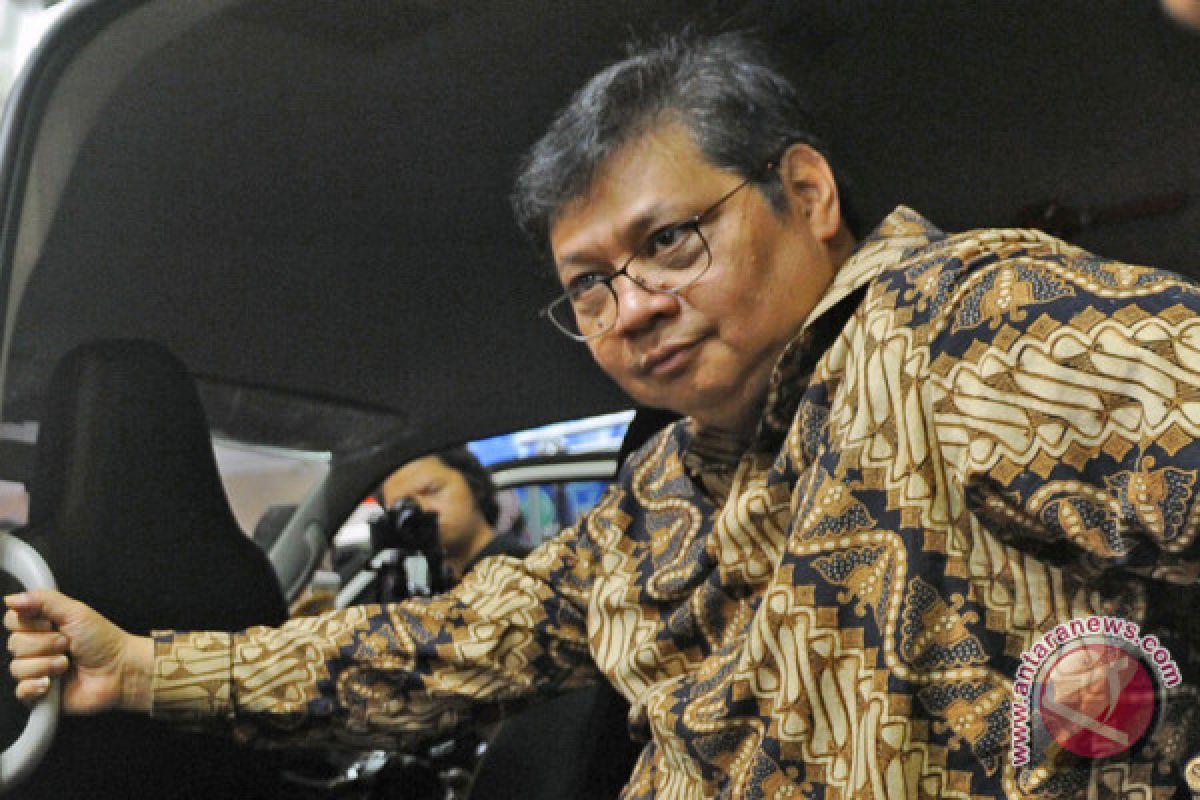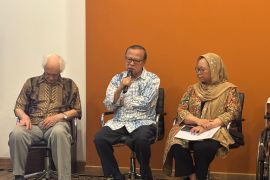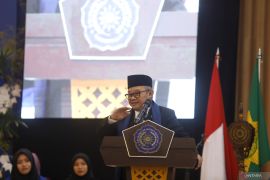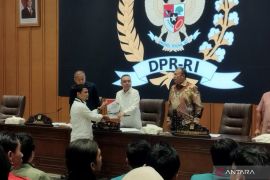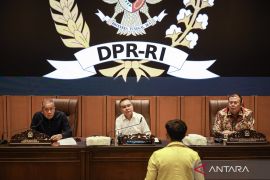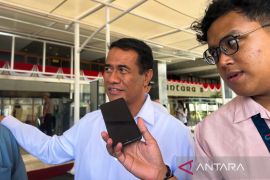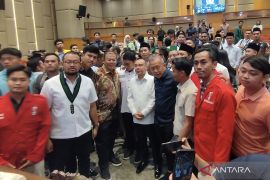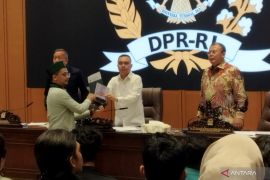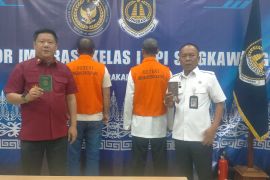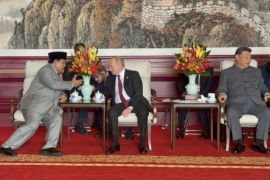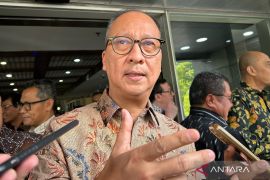In addition to being able to save foreign exchange, the utilization of local raw materials can also reduce the import of fuel oil (BBM), said Minister of Industry Airlangga Hartarto through his statement in Jakarta on Sunday.
"It means that this CPO (crude palm oil) can be used for energy without putting pressure on the food sector," he noted.
Furthermore, the minister said, previously B20 in diesel consumption is only required to subsidized vehicle or public service obligation (PSO) such as train.
However, later on, B20 will be mandatory for non-PSO (public service obligation) vehicles such as heavy equipment in the mining, tractor or excavator sectors, as well as extended to private vehicles.
"Therefore, the government will revise Presidential Regulation No. 61 of 2015 on the collection and use of oil palm plantation funds, which only implies the obligation of B20 to PSO vehicles," he explained.
In his assessment, the private sector will certainly be involved.
According to Minister Airlangga, the supply of non-subsidized biodiesel is greater than subsidized. The amount of non-subsidized biodiesel is currently projected to reach 16 million tons.
"That means that there is an increase in demand for biofuels up to 3.2 million tons per year. However, the technical stages will be discussed on how long it could be achieved, "he explained.
Airlangga added that Indonesia is still sufficient in raw materials for biodiesel production, namely CPO (crude palm oil).
"The national CPO capacity reaches 38 million tons in 2017. A total of 7.21 million tons are for national exports and food needs of 8.86 million tons," he said.
The mid-term development plan after the B20 program is mandatory and non-PSO is encouraging the biofuel industry 100 percent.
Airlangga said, there is already a technology for 100 percent biofuel, and the same technology with fuel oil.
"The national CPO capacity reaches 38 million tons in 2017. A total of 7.21 million tons are for national exports and food needs of 8.86 million tons," he said.
The mid-term development plan after the B20 program is mandatory and non-PSO is encouraging the biofuel industry 100 percent.
By doing so, it would not disturb the technical condition of motor vehicles or generators and others. Thus, the government encourages that there will be import substitution with biofuel or biodiesel that 100% is often referred to as green diesel.
"So, we switch from bio 20% in the future to medium term, the time will be determined by the government, to green diesel, 100% diesel. Thus we have endurance or independence, "explained the minister, adding that this is fully done in the country by optimizing local raw materials.
Hartarto believes, the effort will have a positive effect on the chain of 17 million farmers and 17 million planters.
"So, this is the government`s alignment to continue developing our own capability-based economy," said Minister of Industry.
In a limited meeting, President Joko Widodo encouraged his staff to continue to optimize the use of biodiesel and renewable energy in the national energy mix.
To that end, the President requested a mixture of biodiesel in fuel is increased, so it can save foreign exchange for imports of crude oil or fuel.
"I get the information that every day if we can do it we will save about 21 million US dollars per day, if really we can do it," he said.
In front of the meeting ministers, Jokowi confirmed that he will continue to monitor the implementation of the use of biodiesel, by instructing the relevant ministries, agencies and SOEs to prepare in detail the implementation.
Reported by Sella Panduarsa Gereta
Translated by Eliswan
(T.SYS/A/E002/A/S012)
Reporter: antara
Editor: Heru Purwanto
Copyright © ANTARA 2018
